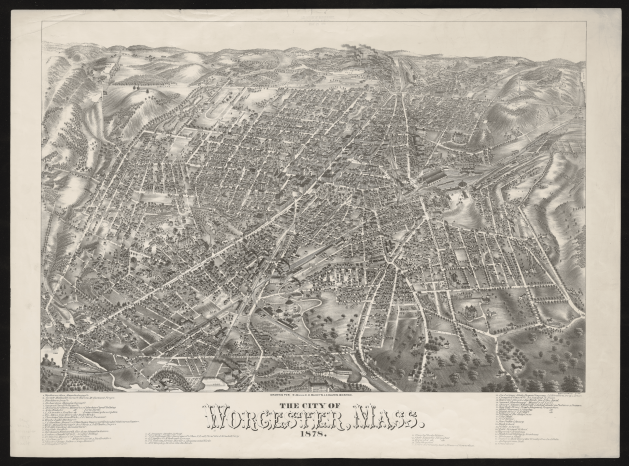
Edward Augustus (via Dean College)
Edward Augustus, Gov. Maura Healey’s choice to serve as housing secretary, won a New England Muzzle Award from GBH News last year for his role in suppressing public records about police misconduct during his years as Worcester’s city manager.
The Telegram & Gazette, Worcester’s daily newspaper, spent years seeking those records, which were associated with 12 internal affairs investigations and complaint histories regarding 17 police officers. Superior Court Judge Janet Kenton-Walker said she believed the city had acted in bad faith, ruling that officials had “cherry picked” language in its legal documents and used it in a manner that was “out of context.” She sternly added: “Counsel may not misrepresent to the court what cases and other materials stand for.”
Judge Kenton-Walker’s outrage led her to impose an unusually harsh penalty, ordering the city to pay $101,000 in legal fees and $5,000 in punitive damages — unheard of in a state where public-records violations are as unremarkable as breakdowns on the MBTA. Yet even that proved to be insufficient to punish the city’s outrageous conduct. The T&G went back to court, arguing that the paper should be made whole for the entirety of its $217,000 in legal fees. This past February, the city and the T&G reached an out-of-court settlement for $180,000.
Augustus was gone from Worcester City Hall before last year’s Muzzles were published, having decamped for Dean College in Franklin, where he was named chancellor.
Of course, it’s possible that Augustus’ record in rebuilding Worcester qualifies him for his new position. According to The Boston Globe:
“Ed Augustus is the leader Massachusetts needs to take the helm of our new Executive Office of Housing and Livable Communities and drive an ambitious, collaborative strategy to increase housing production and lower costs across the state,” Healey said in a statement.
During his eight-plus years in Worcester City Hall, Augustus helped oversee the redevelopment of Worcester’s Canal District, including thousands of new housing units that have helped revitalize the city’s downtown.
Still, Augustus’ role in stonewalling public records not only slowed the T&G’s efforts to report on police misconduct — vital journalism in the public interest — but it also ended up costing taxpayers $185,000 in addition to whatever legal expenses the city itself might have incurred.
The press ought to start filing public records requests with the state housing office as soon as Augustus takes charge — just to see what happens.
Finally, my standard disclosure: David Nordman, who was the T&G’s editor until this past summer, is now a colleague of mine at Northeastern. We work on opposite sides of the campus, literally and figuratively: he’s the executive editor of Northeastern Global News, part of the university’s communications operation, and I’m a faculty member at the School of Journalism.






